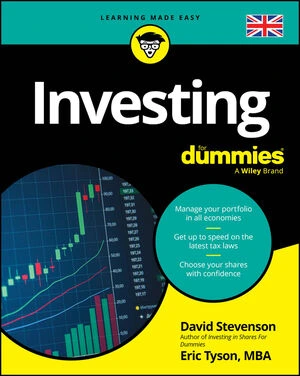Stock investing is meant to be a game of logic and numbers. However, you're only human, so it's hard to invest in stocks without letting your emotions get in the way. Emotions make your stock investing riskier.
In the age of Facebook, LinkedIn, Twitter, and so many other social media venues, it's easy to get swept up in crowd psychology and buy something popular. However, investing in stocks that aren't popular is usually better.
Think about it: Stocks are in finite supply. There are only so many shares of a given stock to be purchased. As more and more investors get into the stock market, the demand for stocks goes up. However, popular means that many people now own the stock or are chasing it. This pushes the price up, and the stock can become too expensive. A stock price that's too high — unjustifiably high — runs the risk of coming back down.
A good indicator of whether the price is reasonable is the price-to-earnings ratio (P/E ratio). The P/E ratio ties the stock price to the underlying company's earnings. For example, if the stock is at $20 per share and the company has earnings of $2 per share, the stock's P/E ratio is 10 ($20 divided by $2). All things being equal, that ratio indicates that the stock is fairly priced.
If a P/E ratio is under 25, then by one measure you can say that the stock isn't that pricey. But the higher the P/E ratio goes, the pricier the stock becomes, increasing its danger of falling. If you see a high P/E ratio such as 40, the stock's price was bid up.






